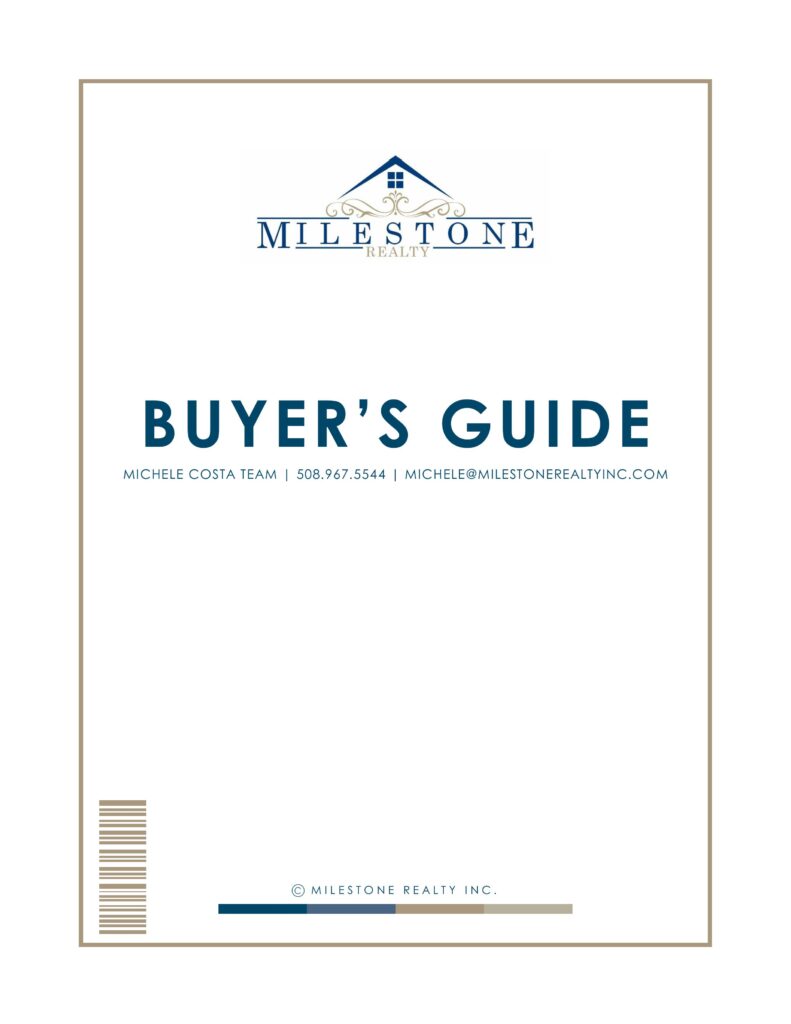A credit score is a three-digit number that reflects your financial habits, including how you handle debt, pay bills, and manage credit accounts. Ranging from 300 to 850, higher scores signal strong financial responsibility, while lower scores can indicate risks to lenders. Mortgage providers use this number to gauge the likelihood of repayment, directly affecting your loan eligibility and terms.
Most lenders require a minimum credit score of 620 for conventional loans. However, higher scores often qualify for better interest rates, saving thousands over the life of the loan. Government-backed loans like FHA, VA, and USDA mortgages offer more flexibility. FHA loans allow scores as low as 500 in some cases. Each program has unique credit benchmarks tailored to different types of buyers.
Understanding how credit scores impact approval and interest rates highlights the importance of preparation. Even modest improvements in your score before applying can expand your options and reduce costs. Reviewing your credit report for accuracy, paying down debt, and avoiding new credit inquiries are small but effective steps to strengthen your profile.

The Role of Credit in Securing Competitive Interest Rates
Your credit score doesn’t just determine whether you qualify for a loan—it also dictates how much you’ll pay for it. Lenders assign interest rates based on perceived risk, with higher scores typically translating into lower rates. Even a small reduction in your mortgage rate can significantly affect monthly payments and overall borrowing costs.
For example, a buyer with a score of 760 or higher might secure an interest rate 0.5% lower than someone with a score in the mid-600s. While this difference may seem minimal, it adds up over the course of a 30-year mortgage. The lower your score, the higher the rate, which increases your total repayment amount and can limit your purchasing power.
To secure competitive rates, focus on improving your credit profile before applying for a loan. This might involve paying off high-interest debts, ensuring all accounts are current, and avoiding any actions that could lower your score. Small, consistent changes in financial habits can yield significant benefits when it’s time to finance your home.
How Different Loan Programs Cater to Various Credit Scores
Each loan type has its own credit score requirements, allowing a range of buyers to access financing. Conventional loans, typically offered by private lenders, generally require a credit score of 620 or higher. These loans often have stricter criteria but may reward borrowers with better terms and lower rates.
FHA loans, insured by the Federal Housing Administration, are a popular choice for first-time homebuyers or those with less-than-perfect credit. These loans allow scores as low as 500 with a 10% down payment or 580 with as little as 3.5% down, providing flexibility for borrowers who may not meet conventional standards.
VA loans cater to eligible veterans and active-duty service members, often requiring no down payment and no minimum credit score, though most lenders look for a score of 580 or higher. USDA loans, designed for rural and suburban buyers, also have no set minimum but generally require a score of 640 for streamlined approval.
Understanding these options ensures you can find a loan tailored to your financial profile and homeownership goals.
Strategies to Improve Your Credit Before Buying a Home
Boosting your credit score before applying for a mortgage can open doors to better rates and terms. Start by reviewing your credit reports from all three major bureaus—Experian, Equifax, and TransUnion—to identify errors or inaccuracies that may be dragging down your score. Disputing incorrect information can provide a quick boost.
Focus on paying off revolving debts, such as credit cards, while keeping balances below 30% of your available credit limit. This reduces your credit utilization ratio, which accounts for a significant portion of your score. On-time payments are equally critical, as payment history carries the most weight in credit calculations. Setting up automatic payments can help ensure you never miss a due date.
Avoid opening new credit accounts or taking on additional debt during this period. New credit inquiries can temporarily lower your score, which could impact your mortgage application. Instead, focus on building a steady record of responsible credit use to show lenders you’re a trustworthy borrower.
The Minimum Credit Scores for First-Time Buyers
First-time homebuyers often benefit from programs designed to ease the path to homeownership. FHA loans, with their flexible credit requirements, are particularly attractive for newcomers. Borrowers with scores as low as 580 can secure a loan with a 3.5% down payment, making this option accessible for many.
Some state and local programs offer additional assistance for first-time buyers, often requiring a credit score in the mid-600s. These programs can provide grants or favorable loan terms to help cover down payments and closing costs. VA loans, with their no-down-payment feature, are another excellent option for eligible first-time buyers.
Understanding the minimum credit scores for these programs allows first-time buyers to plan effectively. A focused effort to improve financial habits in the months before the purchase can make all the difference in qualifying for a loan.
Why Credit is One Piece of the Homebuying Puzzle
While credit scores are a crucial factor in securing a mortgage, they’re not the only consideration lenders use. Debt-to-income (DTI) ratio, employment history, and the size of your down payment also play significant roles in determining eligibility. A strong credit score can offset weaknesses in other areas, just as a large down payment can sometimes compensate for a lower score.
Lenders look at your overall financial profile to assess risk and determine how much they’re willing to lend. For example, someone with a moderate credit score but a low DTI and consistent employment history may still qualify for favorable terms. Preparing for the homebuying process involves more than just focusing on credit—it requires a holistic view of your financial health.
Building a strong foundation across all areas will ensure that you’ll be ready to make a competitive offer when the time comes.
Your Credit Score and the Path to Homeownership
Buying a home is a major step, and understanding the credit requirements can help you prepare with confidence. Whether you’re a first-time buyer exploring FHA loans or aiming for competitive rates on a conventional mortgage, knowing your credit score and how it fits into the larger financial picture is essential.
When you’re ready to take the next steps in your homebuying journey, reach out for guidance. From exploring loan options to connecting with trusted lenders, help is here to make your path to homeownership a smooth and successful one.


